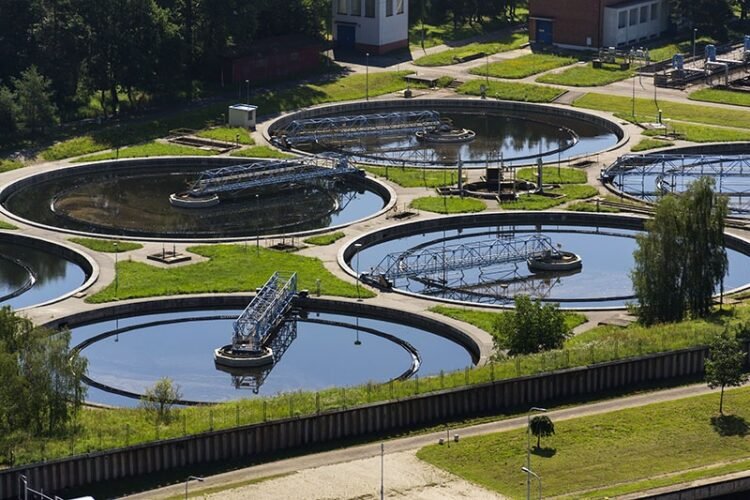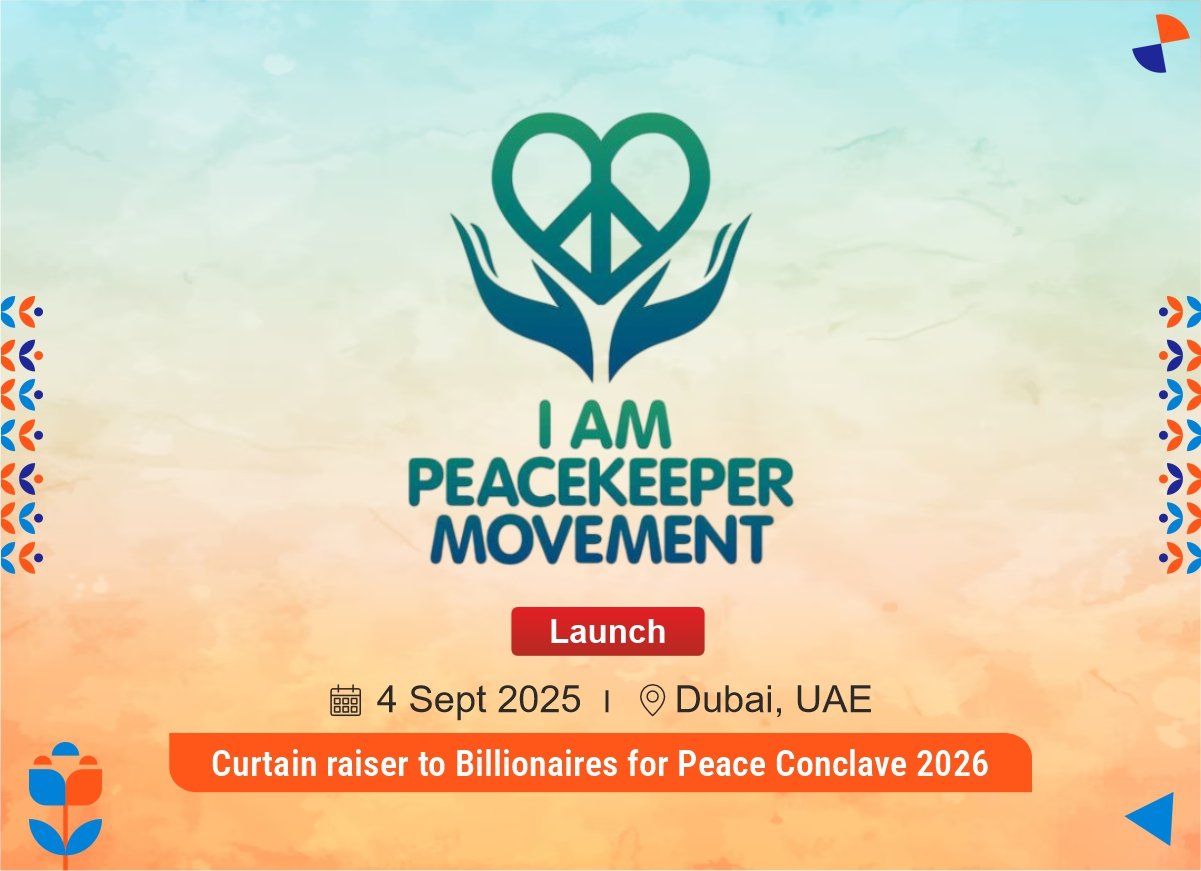Water is such an important resource that life survives on, yet directly from rivers, lakes, or reservoirs, its quality is not suitable for consumption due to various contaminants. Municipal water treatment, therefore is a very essential process that ensures the quality of water reaching our taps is clean, safe, and potable. Such steps include highly coordinated procedures and sophisticated water treatment systems, which remove contaminants and inactivate pathogens, making water consumable in everyday life. Here is the breakdown of all the steps that are incorporated into municipal water treatment and the various filtrations that guarantee the water being consumed is safe.
Steps in the Municipal Water Treatment Process
Municipal water treatment is carried out in stages. Each stage is important for the purification of water in terms of health and safety standards.
Step 1: Chemical Addition
The first step in municipal water treatment is chemical addition. This process is necessary for neutralizing unwanted elements in water that may affect clarity and safety. Common chemicals added to water include chlorine and alum. Chlorine serves to disinfect by killing microbes, and alum causes flocculation of the tiny particles, hence easily washed off in subsequent processes. The chemicals are added to give the water preparation as it proceeds into the coagulation and flocculation stages.
Step 2: Coagulation and Flocculation
Once the chemicals have been added to the water, then the water proceeds into the coagulation and flocculation stage. The chemicals added in coagulation, like alum, cause small, suspended particles to clump into a large clump. To remove such impurities in the water that cause this turbidity or cloudiness, this process is required to be followed. In this process, the water is slowly agitated so that the suspended particles coagulate and grow into even larger particles known as “flocs.” These flocs are lower and settle faster compared to the particles. The separation in the next stage becomes easier.
Step 3: Sedimentation and Clarification
In sedimentation, the flocs formed during flocculation settle to the bottom of the water treatment tank. Most of the solid waste settles down along with dirt and sand from the water. The clarified water on top is then siphoned off while a layer of sediment is left behind, which can be removed and treated separately. Sedimentation and clarification are part of the process of municipal water treatment because they remove a significant percentage of suspended solids and impurities.
Step 4: Filtration
Even after sedimentation, small suspended particles in water do not settle down. The final treatment step for water supply by a municipal source is filtration. During filtration, the water moves through a porous material such as sand, gravel, and activated carbon. In doing so, all impurities that were still in the water were captured. Among them, different kinds of filtration equipment eliminate the particle content in water. Such an increase in water transparency and its purification quality finally helps it undergo the last step of disinfection.
Step 5: Disinfection
The final step of the municipal water treatment process is disinfection. To eliminate dangerous bacteria, viruses, and other microorganisms, chlorine or other disinfectants are added to the water. This process is essential in public health as it removes microorganisms that may have caused waterborne diseases. Chlorine and sometimes UV light, ozone, or other additives destroy pathogens effectively. Both disinfection methods mean municipal water is safe for drinking purposes and other household use.
.
Is It Safe to Drink Municipal Water?
Municipal water treatment systems are designed to meet regulatory standards so that the household has safe drinking water. Standards demand that the water leaving the treatment plant have minimal harmful contaminants and pathogens. However, while the municipal water treatment system acts as a good safeguard, quality may vary depending upon factors such as the general condition of the infrastructure, regional environmental conditions, as well as the nature of the source of water.
There are various kinds of stages in municipal water treatment, and they are routinely tested and monitored for confluence to the needed health standards. A consumer can supplement with further filtration systems that may help in relieving some taste and odors but are unlikely to affect safety; however, municipal water has proved safe enough for drinking if there are good systems put in place for their treatment.
Types of Filtration Systems Used for Treating Municipal Water
Filtration is one of the major components of municipal water treatment. It removes particles and impurities that are too small to settle during the sedimentation process. In municipal water treatment, various filtration systems are applied; each one is specific to the removal of various kinds of contaminants.
● Particle filtration
Particle filtration is a relatively simple process that can be used to remove sediment, dirt, and other large impurities. Sand or gravel filters are often used in this process, in which larger particles are captured as water passes through. This type of filtration reduces turbidity and makes water clearer. In municipal treatment systems, particle filtration often is the first step in filtration, leading to further filtered processes.
● Membrane Filtration
Membrane filtration is another advanced technology used to treat municipal water and eliminate more minute particles, some of which are microbes, as well as dissolved solids. Filtration using membranes requires a semi-permeable membrane, through which water molecules are permitted to pass but not the contaminants. There are many kinds of membrane filtration. Some of these include microfiltration, ultrafiltration, and reverse osmosis, all filtering progressively finer particles.
Reverse osmosis is very effective, especially in removing dissolved solids as well as some chemicals, albeit at high pressure and high energy. Membrane filtration is often used in complement with other filtration systems, especially in municipal water treatment processes, to ensure the water is pure to the highest extent.
Conclusion
Municipal water treatment is a rather complicated process. It removes contaminants from water that can serve the public through several steps—chemical addition and coagulation, sedimentation and filtration processes, and also disinfection. Municipal water treatment systems do remove such contaminants properly, and all the contamination removed makes this water compliant with health standards. What types of filtration can be carried out between particle and membrane filtration, which are known to remove particles and pathogens as well as make water better for households?
Though municipal water is safe for drinking, knowing the process of its treatment is highly informative about the technology and work that has gone into the making of potable water. These systems of water treatment are essentially the basis for public health, providing safe and clean water for all aspects of life.
ION Exchange is a leader in municipal water treatment, providing holistic and reliable solutions for clean, safe water for millions. They use automation with digital monitoring tools to ensure oversight at the consistent quality level of water. They help municipalities provide reliable and cost-effective water treatment so that there is adequate access to the vital resources needed for the health and welfare of their communities.
Get in touch with ION Exchange for expert advice!
FAQ
● What are the objectives of municipal water treatment?
The objectives of municipal water treatment are to remove contaminants, neutralize pathogens, and ensure water is safe for public consumption.
● What is the TDS level of municipal water?
The TDS (Total Dissolved Solids) level of municipal water typically ranges between 50 to 500 mg/L, depending on regional standards and water source quality.
● What is primary municipal water treatment?
Primary municipal water treatment involves initial processes like screening and sedimentation to remove large particles and suspended solids.




















